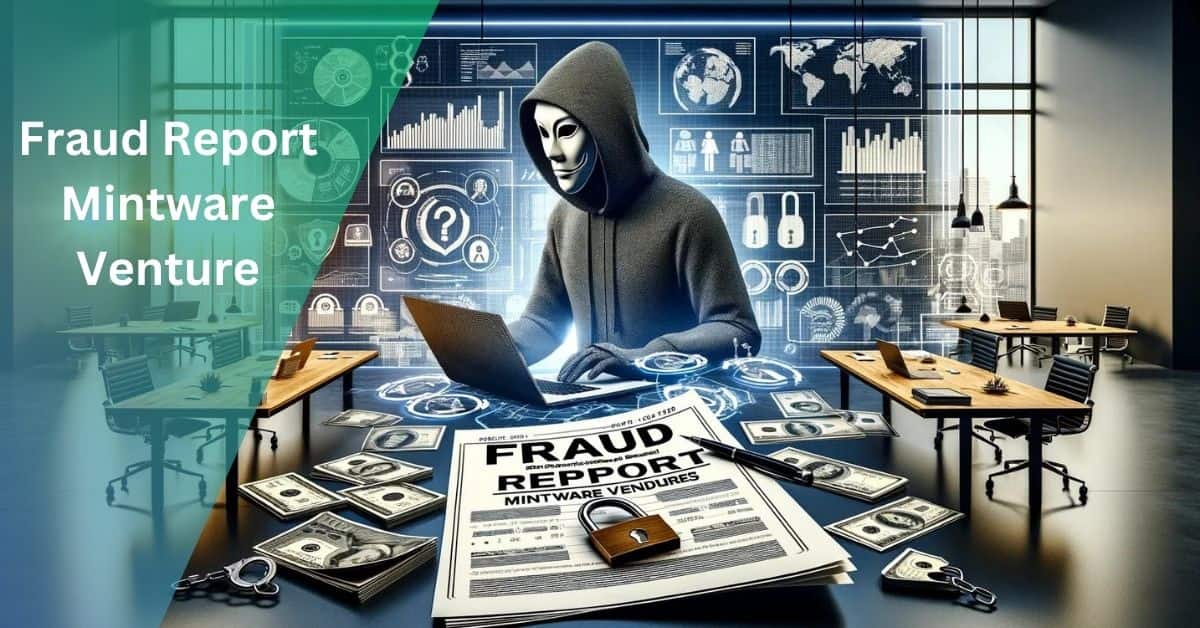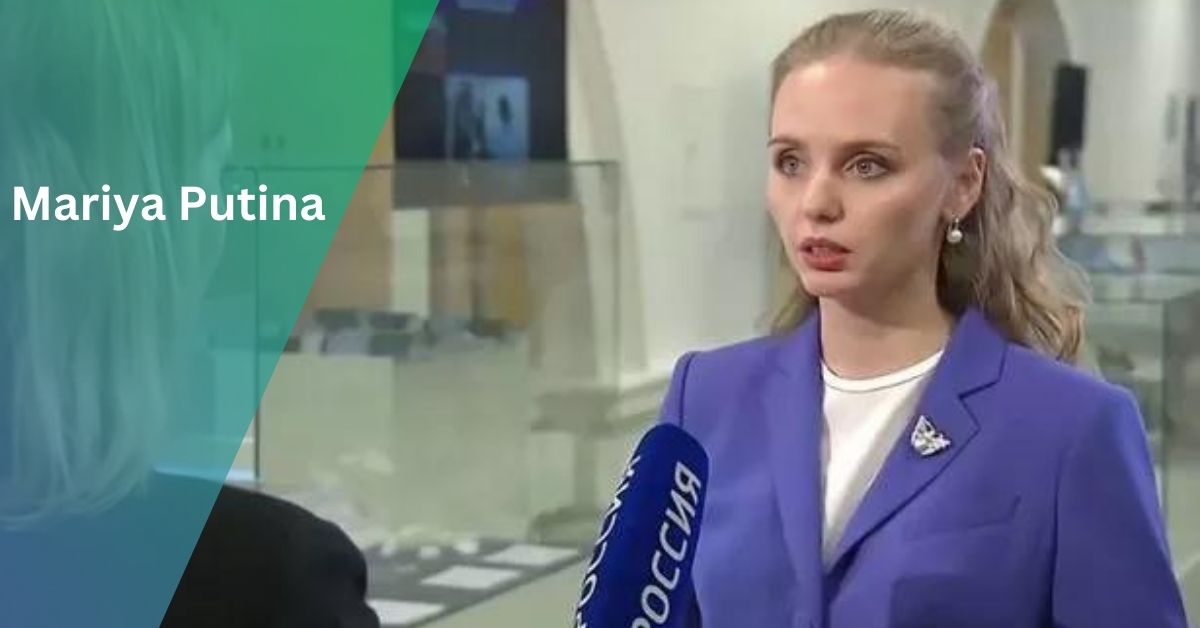
Conflicts of interest are prevalent in various aspects of our lives, particularly in professional settings where personal interests may clash with professional responsibilities.
Conflicts of interest occur when personal interests compromise professional responsibilities, leading to biased decisions. Transparency and disclosure are essential to address disputes and foster trust in professional environments.
In this article, we will explore the true nature of conflicts of interest, their different types, and the impact they can have on individuals, organizations, and society.
What Are Conflicts Of Interest? – Let’s Find Out!
Conflicts of interest occur when personal interests clash with professional duties, compromising unbiased decision-making.
These conflicts may arise in hiring, advising, or any scenario where personal relationships interfere with fair choices.
Self-dealing, accepting gifts, misusing confidential information, and nepotism are common triggers. The impact of conflicts can be harmful, leading to unfair decisions and potential damage to organizations or individuals.
Identifying conflicts, being transparent, and seeking guidance are crucial to managing such situations. If uncertain, recusing oneself from decision-making is a responsible action. Adhering to organizational policies and ethical guidelines helps maintain fairness and integrity.
Considering the broader impact on others is essential in navigating conflicts of interest.
Disclosing financial interests promotes transparency in decision-making. Handling conflicts with awareness and fairness builds trust in personal and professional relationships.
The Significance of Conflicts of Interest – Why They Matter!

Conflicts of interest are important because they can compromise fairness, integrity, and trust in various settings, from business to personal relationships. Here’s why conflicts of interest matter.
1. Fair Decision-Making:
Conflicts of interest can lead to biased decision-making, where personal interests overshadow fair and objective choices.
Recognizing and addressing conflicts is crucial for ensuring decisions are based on merit rather than personal relationships.
2. Integrity and Trust:
Handling conflicts of interest with transparency and ethical considerations helps maintain integrity. When people are aware that decisions are made without personal bias, it builds trust in relationships, organizations, and institutions.
3. Avoiding Unfair Advantages:
Conflicts of interest can give individuals unfair advantages, such as job opportunities for family members or financial gains.
Managing conflicts prevents the misuse of positions of power for personal benefit, promoting equal opportunities and fair treatment.
4. Legal Ramifications:
Conflicts of interest can have legal consequences in many cases. Violating ethical standards or policies related to organizational disputes may result in legal actions, fines, or job loss. Adhering to guidelines helps individuals and organizations avoid legal complications.
5. Company Reputation:
Managing conflicts of interest is crucial for safeguarding the reputation of businesses and organizations. Public trust and confidence can be eroded if stakeholders perceive that decisions are influenced by personal interests rather than the company’s and its constituents’ best interests.
6. Maintaining Professionalism:
Professionals, whether in business, law, or other fields, are expected to act with professionalism. Conflicts of interest can undermine this professionalism, creating doubts about individuals’ ability to prioritize their responsibilities over personal connections.
7. Ensuring Accountability:

Addressing conflicts of interest ensures accountability in decision-making. It allows for scrutiny and evaluation by peers, superiors, or external entities, ensuring that individuals remain accountable for their actions and choices.
8. Preventing Insider Trading:
In financial contexts, conflicts of interest are crucial to preventing insider trading. Misusing confidential information for personal gain is illegal and can lead to severe financial and legal repercussions.
9. Promoting a Level Playing Field:
Fair competition and equal opportunities are vital in various aspects of life, including employment and business.
Conflicts of interest can disrupt this level playing field, and addressing them helps maintain a fair and competitive environment.
10. Ethical Standards:
Conflicts of interest often involve ethical considerations. Following ethical standards and principles is fundamental to creating a just and moral society. Addressing conflicts aligns with these ethical standards and ensures responsible behaviour.
11. Personal and Professional Growth:
Recognizing and managing conflicts of interest contribute to personal and professional growth. It encourages self-awareness, ethical decision-making, and the development of skills in navigating complex situations with integrity.
In summary, conflicts of interest are important to prevent unfair advantages, maintain integrity, uphold legal standards, and foster trust in personal and professional relationships.
Individuals and organizations contribute to a fair and ethical society by addressing conflicts transparently and responsibly.
Common Types Of Conflicts Of Interest – Unveiling The Challenges!
Conflicts of interest are pervasive in many aspects of life, presenting challenges that can compromise fairness and integrity. Here are several prevalent types to be mindful of.
| Self-Dealing | Occurs when individuals in positions of power prioritize their interests over those of the organization or others they serve. |
| Gift Issuance | Involves favouring family members or close friends in decision-making processes, often leading to accusations of unfair practices. |
| Misuse of Confidential Information | Arises when individuals exploit confidential information for personal gain, particularly in financial and business settings. |
| Nepotism | Involves favoring family members or close friends in decision-making processes, often leading to accusations of unfair practices. |
| Insider Trading | Common in financial markets, it occurs when individuals use non-public information for trading securities, resulting in unfair advantages. |
| Influence on Hiring Practices | When those in hiring positions favour friends or relatives over more qualified candidates s, it compromises the integrity of the hiring process. |
| Vendor Relationships | This can occur when decision-makers have personal ties to vendors, potentially influencing procurement choices to the organization’s detriment. |
Dual Roles | Individuals with dual roles, such as serving on a company’s board while being employed by it, may face conflicting loyalties and interests. |
| Consulting Conflicts | Common in advisory roles, conflicts can arise if consultants recommend services or products from which they stand to gain personally. |
| Government and Regulatory Conflicts | Public officials may face conflicts when their interests clash with their duty to serve the public, potentially leading to biased decision-making. |
| Media and Advertising Influences | Journalists or content creators may face conflicts when their personal relationships or financial interests influence their content. |
Understanding these common types of conflicts of interest is crucial for individuals and organizations to navigate ethical challenges and maintain transparency in decision-making processes.
When Do Conflicts Of Interest Happen – Explore Now!

Conflicts of interest can arise when personal interests clash with professional obligations, potentially compromising fairness and impartiality.
Conflicts may occur during the hiring process when individuals prioritize family or friends over qualified candidates.
Advisory roles can lead to conflicts when advice is given to benefit the advisor personally rather than serving the client’s best interests.
Financial transactions become problematic when decision-makers have a personal stake in the outcome, introducing bias.
Relationships with vendors can be a source of conflict, especially if personal connections influence business decisions.
Holding dual roles within an organization may create challenges in balancing conflicting interests. Accepting gifts or favors can lead to conflicts, as individuals may feel obligated to reciprocate, impacting their decisions.
Personal relationships, including friendships or family ties, may interfere with professional or organizational choices.
Misusing confidential information for personal gain, such as insider trading, is another scenario where conflicts of interest may arise. Identifying and addressing these situations is crucial for promoting ethical conduct.
Read: Lily Starfire Encore – Let’s Discuss Its Journey!
Aspect Of Conflicts Of Interest – You Should Know!
A key aspect of conflicts of interest is the clash between personal interests and professional or ethical responsibilities.
This occurs when individuals, particularly those in positions of authority or decision-making, face situations where their relationships, financial gains, or other personal factors may influence their judgment or actions.
The essential element lies in the potential for biased decision-making, where individuals prioritize their interests over the fair and objective fulfillment of their duties.
Identifying, disclosing, and appropriately managing conflicts of interest is crucial to maintaining integrity, trust, and ethical conduct in various settings, whether in business, legal, or personal relationships.
How to Deal with Conflicts of Interest – Don’t miss them!

Dealing with conflicts of interest requires a thoughtful and ethical approach to ensure fair decision-making and maintain trust. Here’s a guide on how to handle conflicts of interest:
1. Identification:
Proactive identification involves cultivating a keen awareness of situations that may give rise to conflicts of interest.
Regular self-reflection and attentiveness enable individuals to identify subtle signs or emerging issues that may compromise impartial decision-making.
Staying vigilant promotes a preventive approach, allowing for timely intervention and ethical considerations before conflicts escalate, fostering a culture of responsibility and ethical conduct.
2. Disclosure:
Transparent disclosure serves as a cornerstone for maintaining trust and credibility. Openly sharing information about potential conflicts demonstrates a commitment to ethical conduct and accountability.
Timely and clear disclosure builds transparency and allows stakeholders to make informed judgments, promoting a culture of honesty and integrity within the organization.
3. Recusal:
Recusing oneself from decision-making showcases a commitment to prioritizing fairness over personal interests. This principled step mitigates potential bias and upholds the integrity of the decision-making process, fostering an environment where ethical considerations are paramount.
4. Policy Adherence:
Comprehensive understanding and adherence to organizational policies create a foundation for ethical decision-making.
Regularly updating oneself on these policies ensures alignment with evolving standards and practices. By consistently following established protocols, individuals contribute to a culture of integrity and uphold the organization’s commitment to fair and transparent operations.
5. Consider Alternatives:
Considering alternatives demonstrates adaptability in conflict resolution. Exploring creative solutions beyond the immediate dilemma encourages a forward-thinking approach that values innovation and fairness.
Engaging in a collaborative search for alternatives resolves conflicts effectively and fosters a positive and solution-oriented organizational culture.
6. Documentation:

Thorough documentation serves as a crucial tool for future reference, aiding in understanding the decision-making process during conflict resolution.
Clear records offer a comprehensive view of the steps, ensuring transparency and accountability. Additionally, well-maintained documentation can serve as a valuable resource for training and educating others on effective conflict management within the organization.
7. Promote a Culture of Transparency:
Fostering a culture of transparency builds trust among team members and stakeholders. Open communication about potential conflicts creates an environment where individuals feel supported in addressing ethical concerns.
This collective awareness strengthens ethical practices and contributes to a cohesive and responsible organizational culture.
8. Ethics Hotline:
Utilizing an ethics hotline demonstrates a commitment to fostering a culture of accountability and transparency within the organization.
It empowers individuals to contribute to the ethical well-being of the workplace by anonymously raising concerns, ensuring a collective effort to address and resolve potential conflicts of interest.
Read: Wordle Solver Tool – Unlock Its Details!
Frequently Asked Questions:
1. How can conflicts of interest impact relationships within an organization?
Conflicts of interest can strain relationships within an organization by creating distrust and perceptions of unfairness. Managing conflicts is crucial for maintaining a positive and collaborative work environment.
2. What role does regular training play in conflict resolution?
Regular training in conflict resolution ensures that individuals stay informed about best practices and remain well-equipped to navigate complex situations effectively, contributing to a harmonious organizational culture.
3. Can conflicts of interest be entirely avoided?
While complete avoidance may be challenging, proactive identification, transparent disclosure, and ethical decision-making can significantly mitigate conflicts of interest, fostering an environment of fairness and trust.
4. How does familiarity with organizational policies help in conflicts of interest?
Familiarity with organizational policies ensures a foundation for ethical decision-making. Adhering to established protocols promotes consistency, fair practices, and a culture of integrity.
Conclusion:
In essence,
Managing conflicts of interest with openness and fairness builds trust, fostering a positive and ethical environment within organizations. It ensures decisions are made with integrity.
Read:






